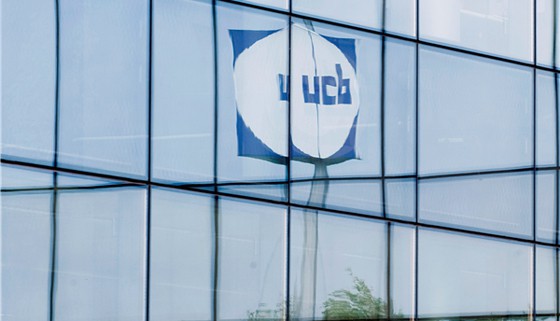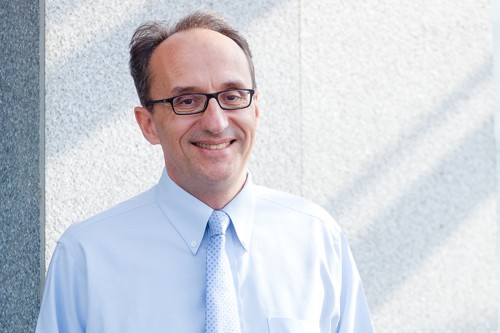
Mid-sized pharma company UCB has seen its epilepsy treatment Vimpat break through the $1bn+ annual revenues mark, joining its immunology treatment Cimzia in the blockbuster club.
The Brussels-headquartered company has unveiled its results for 2018 today, posting a healthy 2% growth in revenues to €4.41bn – the fifth consecutive year of growth at the company, with another expected five years of growth after that.
However by 2024, the company will have been hit by two blockbusters patent expiries in the US.
Vimpat is forecast to reach €1.4bn by 2022, the year its US patent expires, with Cimzia is expected to reach €1.7bn when it faces the same fate in 2024.
The company will face a major dip in its revenues in this period, but says it’s confident that its can bring its six novel pipeline candidates to market within the next five years before Cimzia goes off patent.
In order to accelerate their development, the company increased its R&D spend by 10% in 2018 to € 1.16m – raising its R&D to revenue ratio to an unusually high 25%.
The first new product to hit the market is osteoporosis candidate Evenity (romosozumab), co-developed and co-marketed with Amgen. The drug has suffered setbacks in reaching the market, being rejected by the FDA because of cardiovascular safety concerns in 2017. However in January finally gained recommendation from an expert committee at the US regulator, with FDA approval expected soon, and with Japan already granting approval.
Evenity has a patient-friendly once-monthly dosing regimen and strong efficacy profile, and some analysts believe it can become the market leader within five years.
However other analysts are way of the drug reaching only a fraction of its original potential patient group– Amgen has sought a narrower indication in its second FDA filing, only seeking to treat osteoporosis in postmenopausal women at high risk of fracture, rather than all postmenopausal women.
Analysts had once forecast global sales of $800m for the drug, but are now expecting more modest revenues, especially as Radius Health’s rival product Tymlos reached the market in 2017.
Next in the pipeline is midazolam, a novel nasal spray for acute repetitive seizures in epilepsy which UCB acquired from Proximagen in June 2018 for an upfront fee of $150m, with up to $220m in milestone and sales payments.
UCB expects a decision from the FDA to be imminent, paving the way for the drug’s launch this year.
Another late-stage asset is bimekizumab, a molecule which targets both IL17A and IL17F.
This goes one step further than two similar drugs already on the market – Novartis’ Cosentyx and Lilly’s Taltz which specifically inhibit IL-17A. The company’s phase 3 study (NCT03412747) is a three-arm study of bimekizumab, Humira and placebo, with data expected in the first half of 2019.
Analysts predict peak sales of around $222m by 2023, though its upcoming safety and efficacy data will be crucial to how much impact it can make in crowded market.

Jean-Christophe Tellier
Speaking to Pharma Market Europe this morning, UCB’s chief executive Jean-Christophe Tellier also touched on Brexit, and the company’s recent announcement of a new translational drug discovery partnership with King’s College London university and its research teams working across academia and the NHS.
This is part of a £1bn investment in the UK over the next five years to renew and enhance its research facilities in Slough, near London.
Tellier wouldn’t be drawn on any Brexit predictions, but said it was too early to say if the UK would be relegated in importance in terms of priority markets if it leaves the EU, pointing to Japan’s rising prominence, thanks to its success in accelerating its drug approvals.
The King’s College partnership follows on from two recent bolt-on acquisitions – US-based CRISPR specialists Element Genomics, bought last year for $30m, and the contract research organisation Beryllium Discovery acquired in 2017.
He told Pharma Market Europe: “In the next five years we will have the ability to build additional sustainable growth. Then beyond the 2025 period, we are also very confident of our early pipeline, because we are investing in our innovation and scientific engine constantly.”
Tellier added that the company remained on the look out for further new assets to acquire, as it had with midazolam, and also further novel innovation platforms like Element Genomics.




